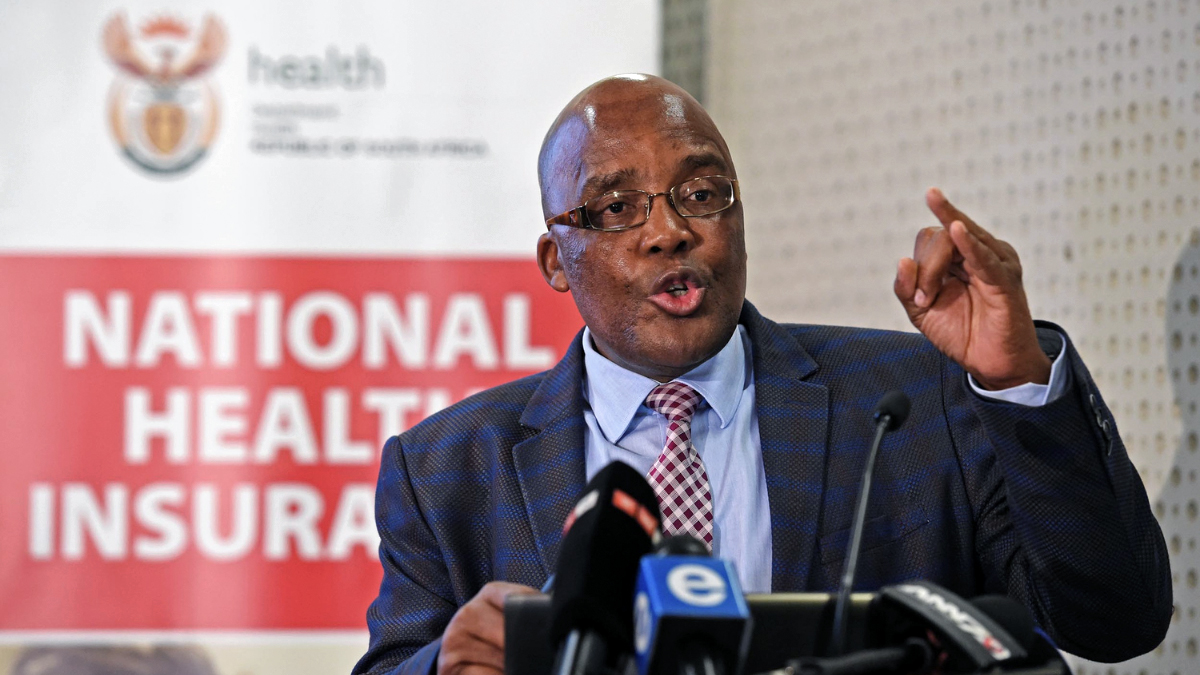While Health Minister Aaron Motsoaledi’s announcement last week that the public health sector will be boosted by the appointment of another 1,200 doctors was widely welcomed, South Africa’s biggest nursing trade union said the proposed recruitment of only 200 nurses was a slap in the face of the profession.
Motsoaledi announced on Thursday that the 2025 Budget presented by Finance Minister Enoch Godongwana had enabled the National Health Council to approve the advertisement of jobs for 1,200 doctors, 200 nurses and 250 other healthcare professionals at a cost of R1,780-billion.
“The human resources units will soon commence with recruitment processes once all logistics have been finalised,” he said.
He said the National Health Council has also approved the procurement of 1.4 million hospital beds and bassinets, as well as mattresses and bed linen, for R1.3-billion.
The South African Medical Association Trade Union (Samatu) welcomed Motsoaledi’s announcement.
“This initiative is not only a step towards addressing the immediate needs of our healthcare system, but also an acknowledgement of the unwavering dedication displayed by fellow doctors who have retained their ambition to serve the vulnerable communities,” said Samatu’s general secretary, Dr Cedric Sihlangu.
Samatu has been vocal about the rising unemployment of doctors and the severe shortages of doctors in public hospitals, which has led to an alarming doctor-to-patient ratio in public healthcare facilities.
In February, answering a parliamentary question, Motsoaledi said there was, on average, one doctor for every 2,000 patients in the state healthcare system. In the Eastern Cape, there were only three doctors for every 10,000 patients, while Limpopo and Mpumalanga had 2.7 and 2.5 doctors, respectively, for every 10,000 patients. In Gauteng, the ratio was 4.7 doctors to every 10,000 patients, and in Western Cape 4.5 doctors for every 10,000 patients.
Sihlangu said the appointment of the 1,200 doctors would cut long waiting periods for patients and advance the implementation of National Health Insurance.
“Furthermore, this announcement by the minister represents not just an employment opportunity for doctors, but a testament to the fruitful collaboration between the Ministry of Health and advocacy groups,” he said.
The biggest nurses’ trade union in South Africa, Denosa, however, said the number of new nursing appointments the National Health Council had approved was “shockingly inadequate”.
Nurse-to-patient ratios in South Africa vary from nine per 10,000 patients to 14 per 10,000, depending on the province.
Denosa spokesperson Sonia Mabunda-Kaziboni said, “In the face of a nationwide crisis of nurse shortages, this announcement is not only shockingly inadequate but downright insulting to the nursing fraternity.
“The Department of Health has not only failed to respond meaningfully to the dire shortage of nurses across the country, but it has also shown a disturbing lack of shame in publicly announcing the recruitment of a mere 200 nurses — as though it were a breakthrough.
“This token gesture, coming after repeated calls for urgent and large-scale investment into nursing human resources, is a slap in the face to the thousands of nurses who are already stretched beyond capacity. It is an affront to those working under impossible conditions, often without rest, proper compensation or adequate support.
“The shortage of nurses in South Africa is nothing short of a devastating crisis. The Free State alone faces a 28% vacancy rate, and similar figures are reflected in other provinces such as the Eastern Cape. National projections estimate that South Africa could be short by over 100,000 nurses by 2030 if urgent interventions are not made.” DM
Maverick News
South Africa's healthcare crisis: 1,200 doctors hired, yet only 200 nurses approved for recruitment
The National Health Council has approved the appointment of 1,200 new doctors to state hospitals countrywide.





